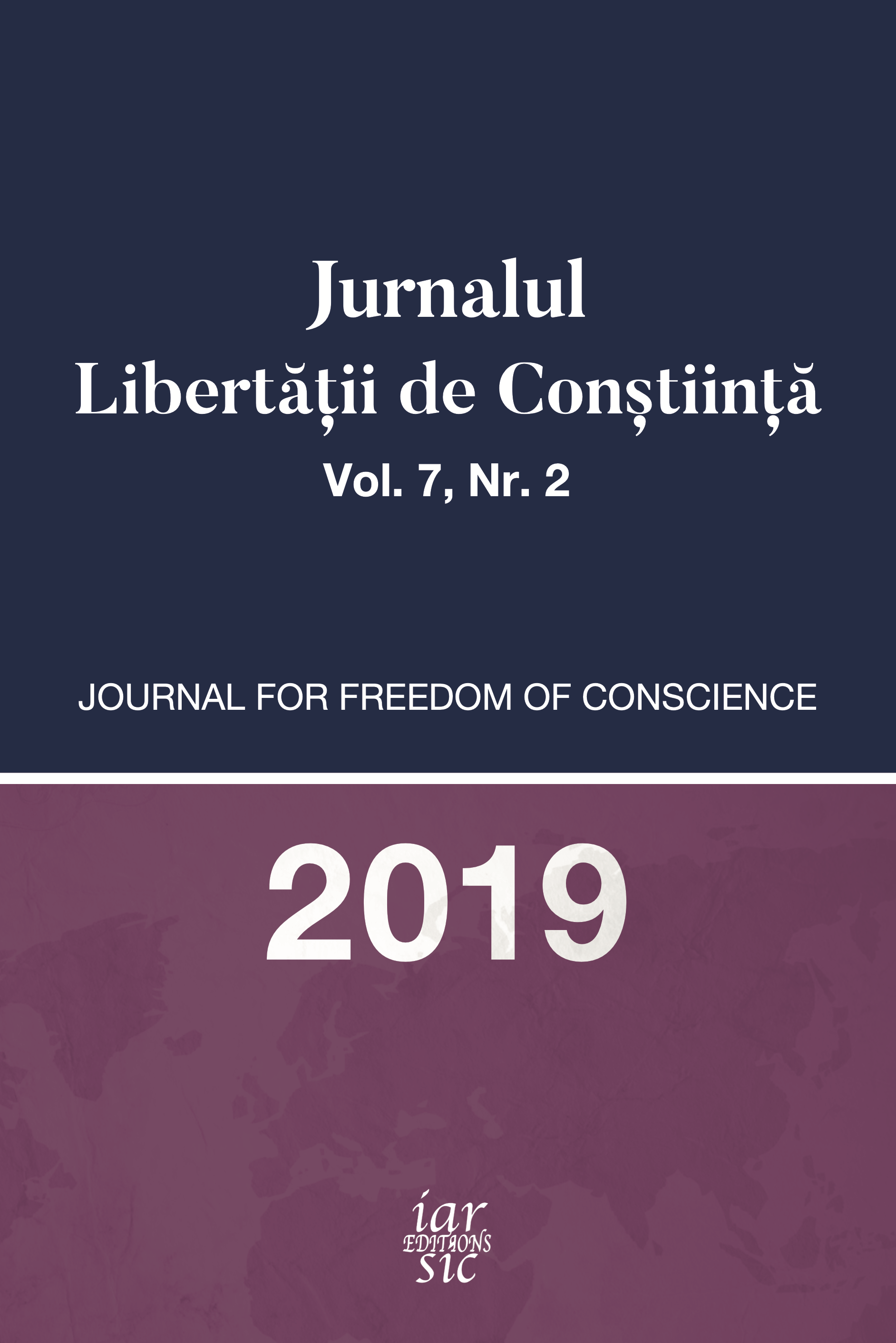THE CHRISTIAN FREEDOM AND ITS BOUNDARIES IN
1 CORINTHIANS 6:12 AND 10:23
THE CHRISTIAN FREEDOM AND ITS BOUNDARIES IN
1 CORINTHIANS 6:12 AND 10:23
Author(s): Laurențiu Florentin MoțSubject(s): Christian Theology and Religion, Theology and Religion
Published by: Editions IARSIC
Keywords: Christian Freedom; Law; Prohibitions; 1 Corinthians;
Summary/Abstract: The Pauline statement“all is lawful for me” found in 1 Corinthians is intriguing in several ways. First, it appears two times. Second, both the context in 1 Cor 6 and 10 contain various prohibitions, which seem to contradict an absolute freedom. Third, it is not immediately clear and explicitly pointed out whether the statement is an expression of Paul’s own belief or a Corinthian slogan the apostle tries to debunk. Therefore, this paper raises several questions. The first one is what does “it is lawful” mean? The second one is whose statement is this? The third one is what the Christian freedom really is and what are its boundaries? The research brings in dialogue linguistic, literary, and socio-historical approaches that enhance the quest for an informed answer. In light of the perspectives just mentioned the arguments seem to favor that“it is lawful” is quite a precise legal term, which cannot therefore be joint with the word “all” and be expressive, at the same time, of Paul’s thought. It is rather a Corinthian catchphrase and belief influenced by philosophical schools of the time and the societal standards at large. Christian freedom seems to be bound to God’s principles and laws on one side, and the negative impact my freedom could have upon other believers. I recommend a study that will discuss the same phrase from an exclusively rhetorical perspective.
Journal: Jurnalul Libertății de Conștiință
- Issue Year: 7/2019
- Issue No: 2
- Page Range: 427-436
- Page Count: 10
- Language: English

